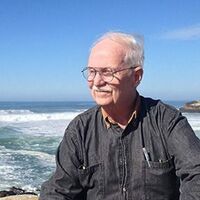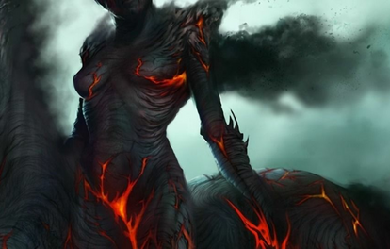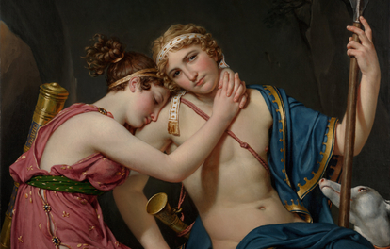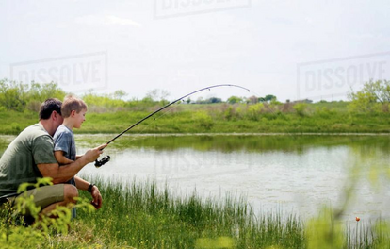
The Judge
The Judge
Winter’s curse had spread through the village like the plague and sent the shoppers to the department store to brace themselves against the frigid air that threatened them. The coats looked inviting as they hung on the racks begging the people to buy and take them home to cover their shivering bones.
The prices varied from low to expensive, cheap to high-grade, and plain to sporty. Of course, the highest priced ones were the best. For one of the shoppers who couldn’t afford the best, the only way he could buy it was to switch the price tag from the cheap one to the high priced one.
After he paid the cashier, he hurried out of the store to avoid being caught. He made it out safely . Everything was fine, because he was the only one who was aware of what he did; he and the judge who monitors every thought and every deed, so called his conscience, which was still in control of him.
When he speaks to other people, he is very impressive. His words are very well chosen and indicative of his innocence. The more he tries to convince himself of it, the more his conscience, that high judge, punishes him and makes his life miserable. When he becomes overjoyed about something, it pulls him down and fastens a chain around his spirit. The freedom of joy continues on its estrangement from him.
No matter how hard he tries to rid himself of that feeling, it continues to haunt him. If he would have bought the coat that he could afford, he could have been happy, satisfied, and free. He would have done what his conscience told him to do, and the proprietor of the store would not have had to make up for his loss. He could never come face to face with him, because he was too ashamed of himself.
Conscience is that internal high judge whose punishment is not in the deed, but in its instigation, its predetermined thought.














